Nearly two decades ago, the Law on Donation, Removal, Transplantation of Human Tissues and Organs and Cadaver Donation, passed by the National Assembly in 2006, laid the first legal foundation for the field of organ transplantation in Vietnam.
Deputy Minister of Health Tran Van Thuan spoke at the event. |
From that legal corridor, thousands of lives have been revived thanks to nearly 10,000 organ transplants, 133,000 volunteers registering to donate organs after death, and the formation of a network of more than 30 modern hospitals and tissue and cell banks across the country.
However, as practice has changed rapidly with the rapid development of medicine, technology and treatment needs, the current Law is revealing major bottlenecks.
In the context of globalization and deep integration, the field of organ transplantation, which is one of the symbols of modern medicine, also needs to be put on the right development trajectory: effective, humane, transparent and in accordance with Vietnamese customs and traditions.
Deputy Minister of Health Tran Van Thuan emphasized that this law amendment should be seen as an institutional breakthrough, aiming to create a sustainable, synchronous and feasible legal foundation.
This is not only a prerequisite to save more patients, but also demonstrates a long-term vision in building a humane society, where life is extended by love and the will to share.
Accordingly, the draft revised law is proposing a series of progressive changes by allowing cardiac dead people and people under 18 years old (with the legal consent of their families) to donate tissues and organs; simplifying the donation registration process; shortening the time for brain death diagnosis; supplementing financial mechanisms, health insurance policies and mechanisms to protect donors and their relatives.
These are important changes to break down legal, technical and psychological barriers that have long made many people hesitant to talk about organ donation, even though they have the will to volunteer.
A sobering fact is that more than 90% of transplanted organs in Vietnam today still come from living donors, a rate that is contrary to the international trend. This not only puts pressure on the medical side but also raises many ethical and legal concerns.
At the same time, thousands of patients with liver failure, kidney failure, heart failure... are still facing the fragile boundary between life and death every day, waiting for a miracle from kind hearts.
That miracle sometimes lies not in medical progress, but in changes in awareness and policy. A humane law, covering practice, can become a bridge between life and sharing, between science and humanity.
At the workshop, many experts also raised important requirements in amending the law: ensuring non-commercialization of donation and transplantation activities; keeping donor information confidential; absolutely respecting voluntary will; and at the same time promoting communication and community education so that tissue and organ donation and transplantation activities become civilized, proactive and compassionate choices in modern society.
Source: https://baodautu.vn/hien-ghep-tang-can-cu-hich-dot-pha-de-cuu-them-nhieu-cuoc-doi-d315198.html


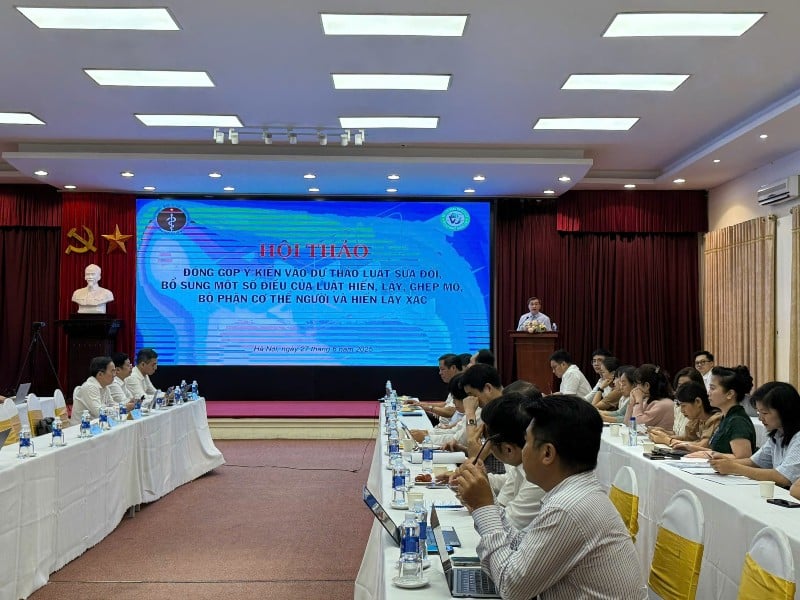
![[Photo] Action for the Community tells stories of enduring journeys – both intimate and great, yet quiet and determined](https://vphoto.vietnam.vn/thumb/1200x675/vietnam/resource/IMAGE/2025/11/15/1763179022035_ai-dai-dieu-5828-jpg.webp)

![[Photo] The Government Standing Committee reviews the planning project of the Red River landscape avenue axis](https://vphoto.vietnam.vn/thumb/1200x675/vietnam/resource/IMAGE/2025/11/15/1763197032149_dsc-0163-jpg.webp)



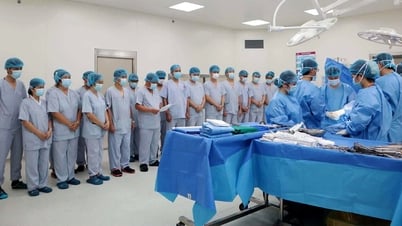

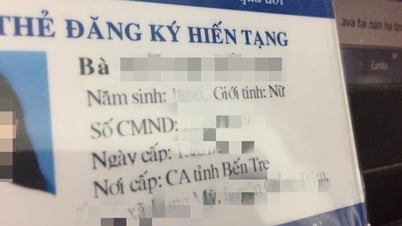
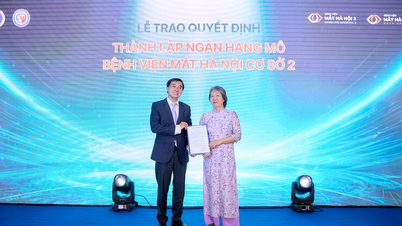

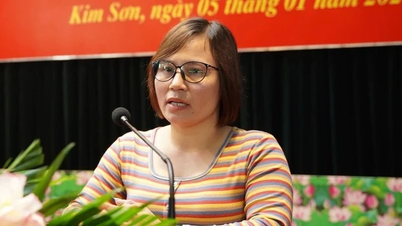




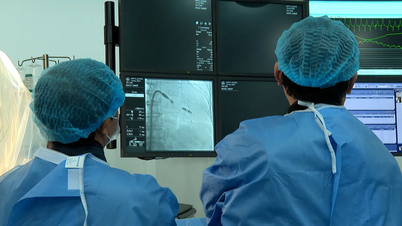



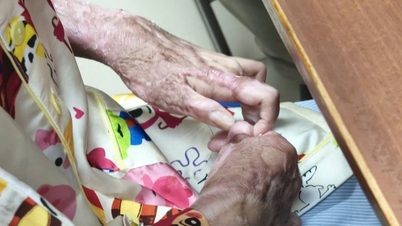
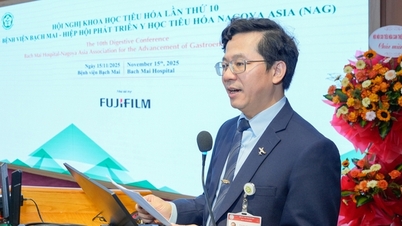
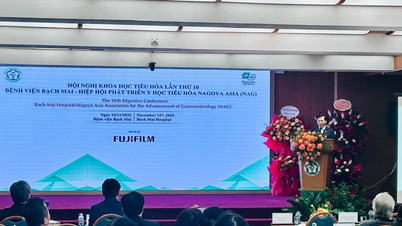

































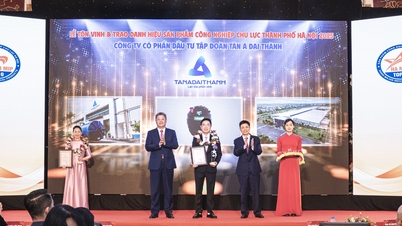











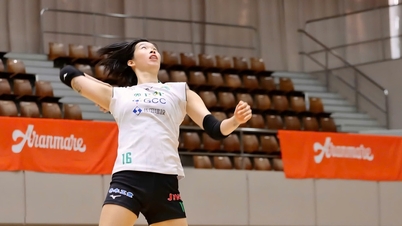




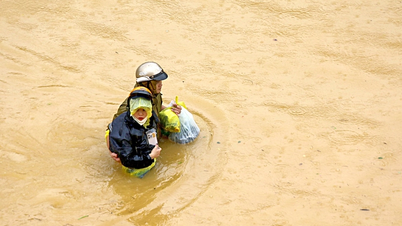
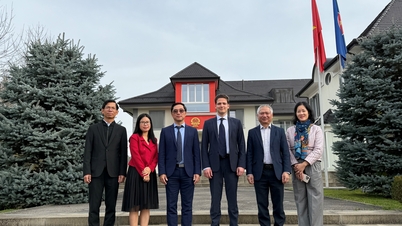

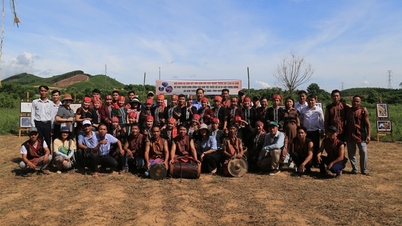



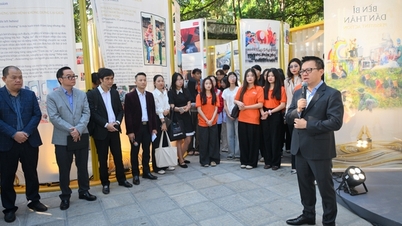
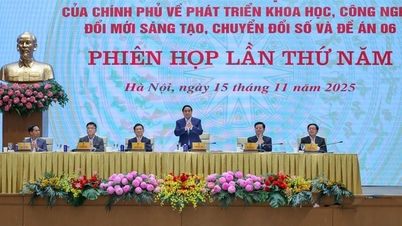
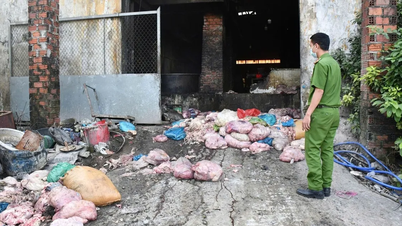
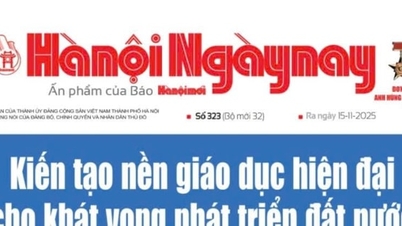
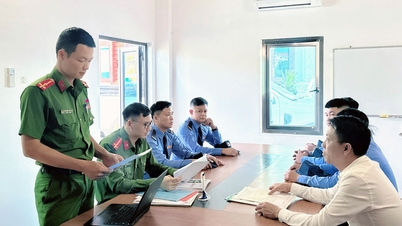

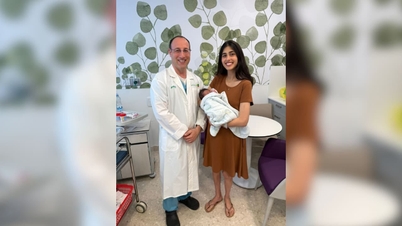

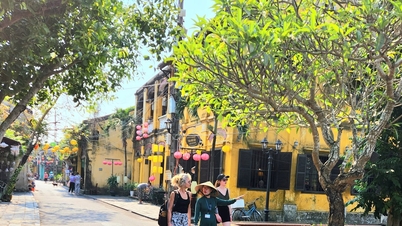

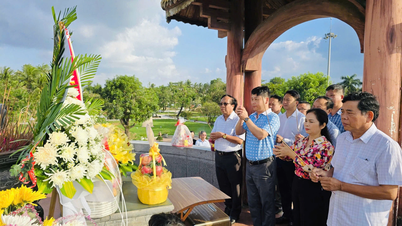











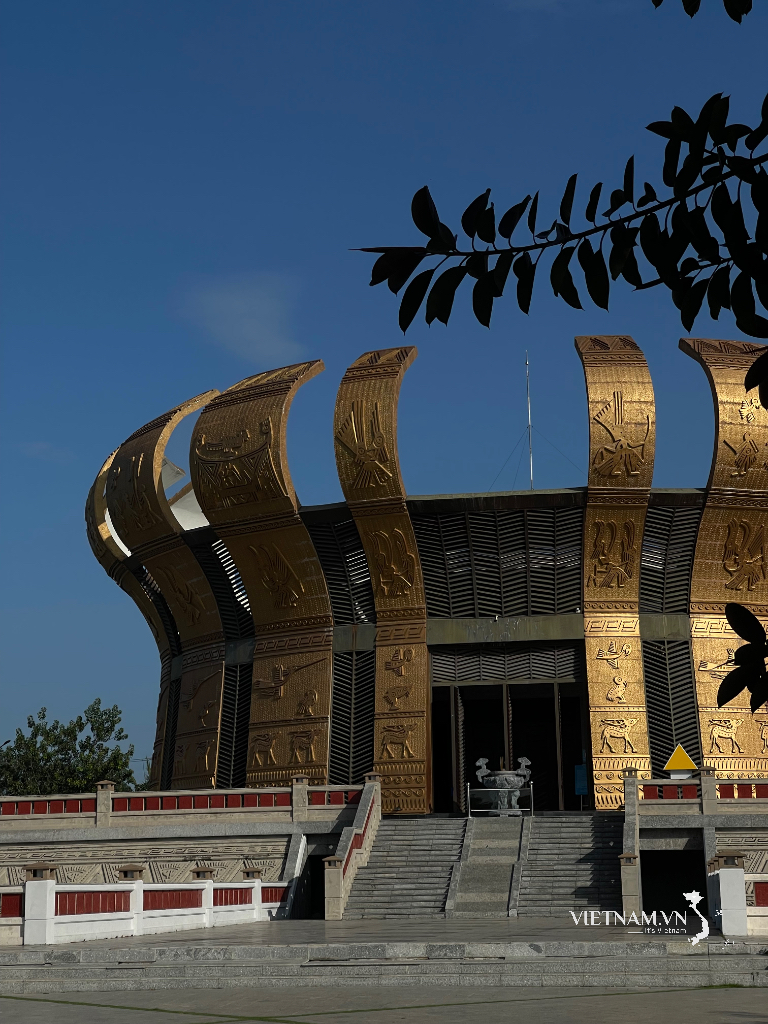
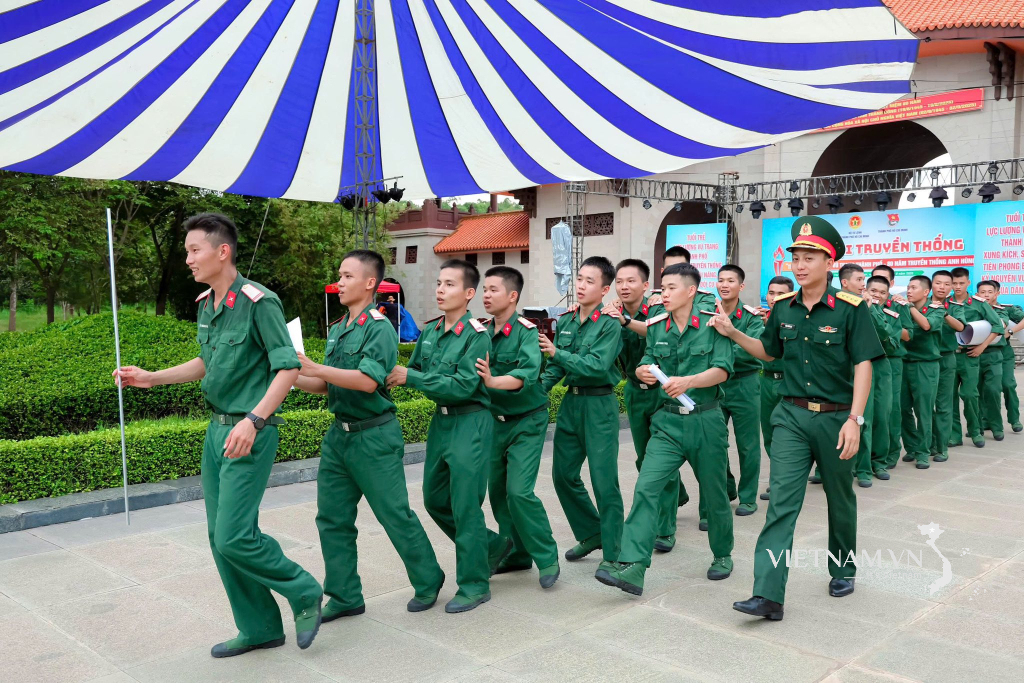

Comment (0)